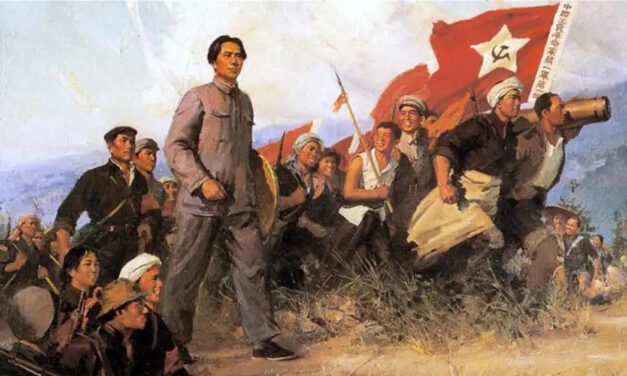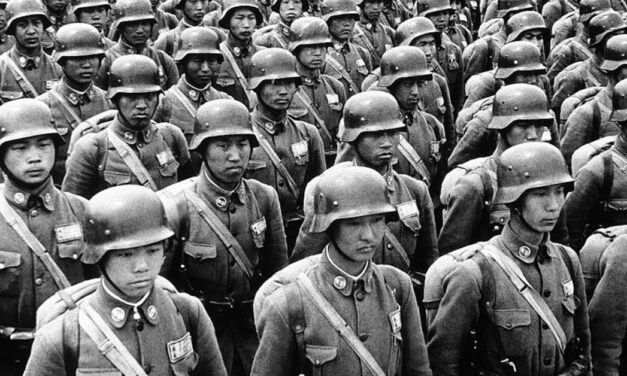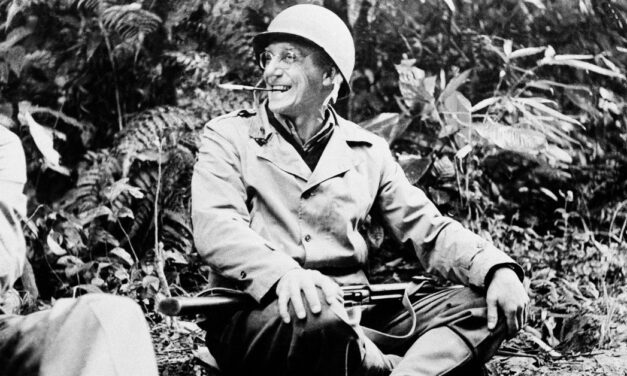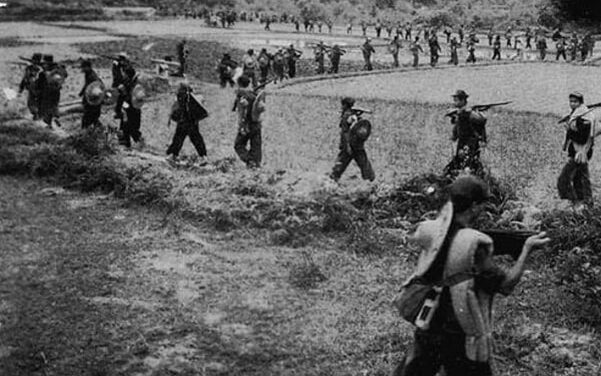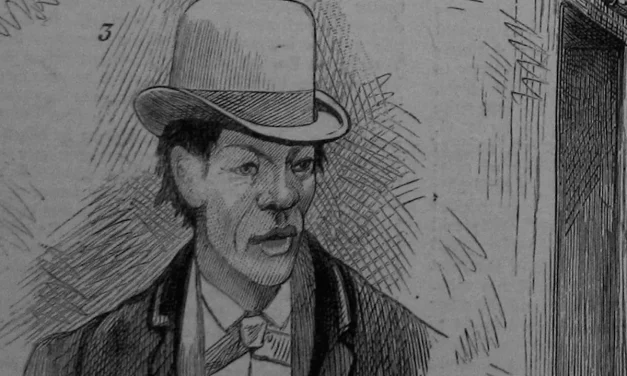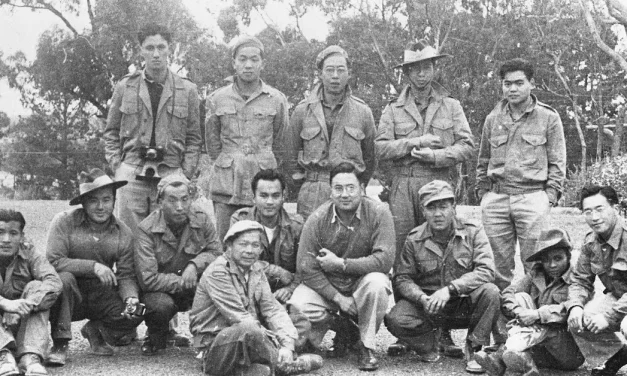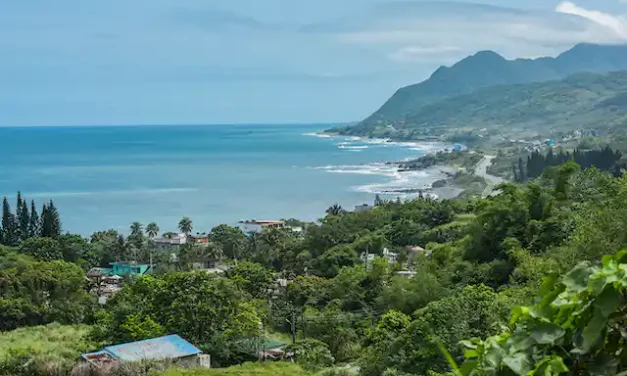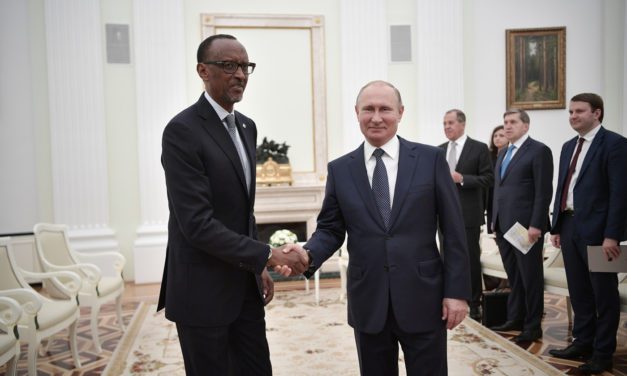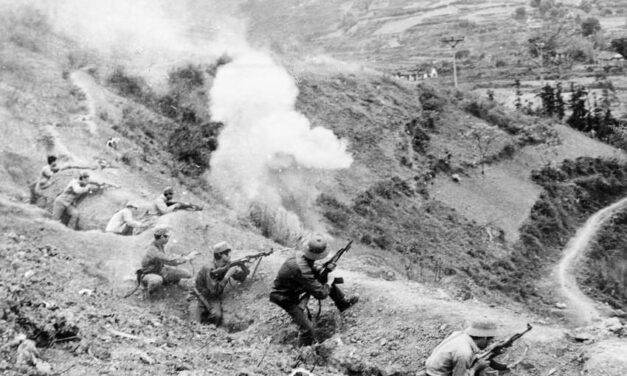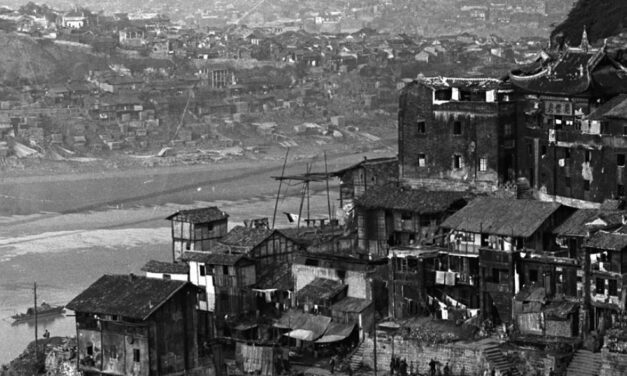The History of Gunpowder: From Elixir of Life to the Revolution of Warfare
Reading time: 6 minutes
One of the most famous materials in history, gunpowder is largely responsible for European dominance in the 20th Century, the fall of Constantinople’s impregnable walls, and much more.
Yet this devasting and destructive powder did not materialise into rifles and cannons in Europe in the 14th and 15th Centuries. Rather, it was discovered initially in China, several hundred years prior, by alchemists searching for, ironically, the elixir of life.
So how did gunpowder go from a powder for immortality in 9th Century China, to the fiery fuel of guns in Europe and the Middle East over 500 years later?


